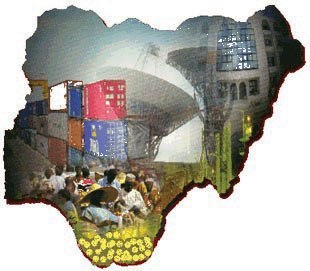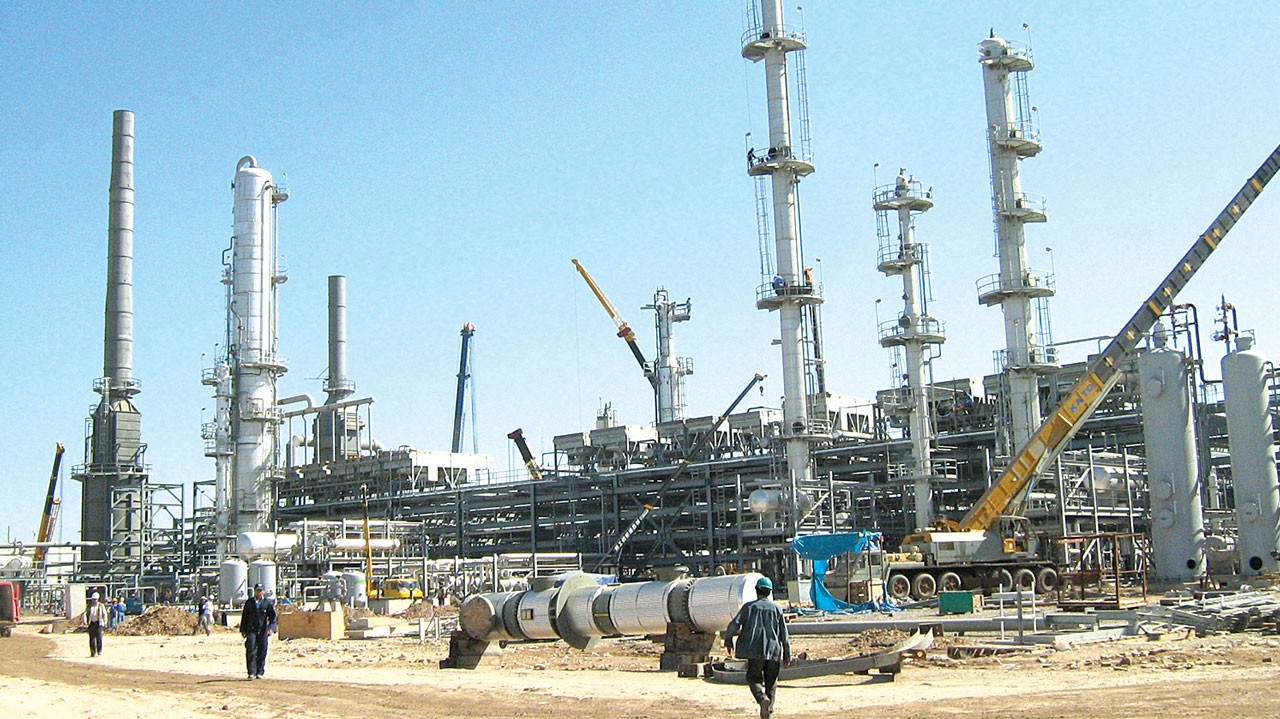The Economy Environment in Nigeria
Nigeria’s economic freedom score is 54, making its economy the 127th freest in the 2022 global Index and 25th among the 71 African countries.
The most recent inflation rate reported (2021) is 17%.
GDP per Capita is $2085.03.
The Gini index coefficient is 35.1% (2018).
As of 2021, GDP is $440.78B with a growth rate of 3.65%. In 2020, the Real GDP (PPP) was $1,013.53B, making It the 2nd in Africa and 25th globally.
Credit Ratings: Fitch rating – BB- (2021), Moody’s rating -Ba2 (2022), S&P rating – BB- (2022).
Cost of Starting a Business rating in Nigeria is 26.1 per capita, 21st in Africa. That is, 0.2% of income per capita, 52nd in Africa and 182 out of 186 globally (2020).


Export and Import Commodities
- Major Export commodities in 2019 are crude petroleum, natural gas, scrap vessels, flexible metal tubing, and cocoa beans. Major Import Commodities in 2019 are refined petroleum, cars, wheat, laboratory glassware, and packaged medicines.
- Crude oil, coal, tin, columbite; rubber products, wood; hides and skins, textiles, cement, and other construction materials, food products, footwear, chemicals, fertilizer, printing, ceramics, steel. The industrial production growth rate as of 2017 was 2.2%.
Unemployment
The most recently reported unemployment rate as of 2021 is 9.79% making it the 54th highest rate globally. Nigeria has the 75th global highest female unemployment rate of 8.81% (2021) and the 44th global chart for male unemployment at 10.56%. With a 54.87% labor force participation rate (ranked 37 in Africa and 138 globally), a labor force of 64.48 million people.
Currency and Bank Credit
- The value of the local currency is worsening even though there has been a 12.95% appreciation over the past one year. The most recently reported (August 2022) exchange rate is ZAR 16.7067 per US$1.
- Nigeria’s Bank credit to households information is not available.
- Bank Credit to private non-financial firms is not available in Nigeria.
Cost of Living
Nigeria has a Cost of Living Index of 52.55 points, making it the 33rd highest in Africa (continents average point of 59.81) and 135th highest globally (2017).



